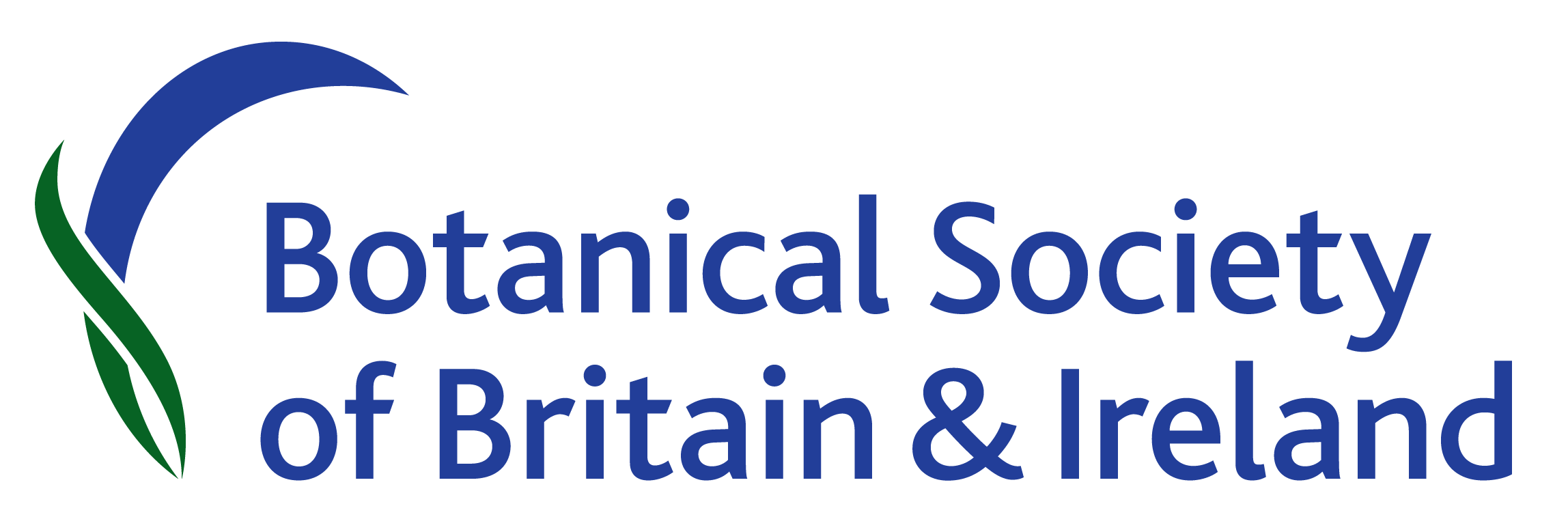Abstract
The Ophrys genus of orchids have evolved sexually-deceptive flowers, four species of which can be found in the British Isles. By mimicking female Hymenoptera, two of these species exploit male insects for cross-pollination, in comparison to another species which has switched to self-pollination. Through herbarium specimens collected between the early 1800s to 1980s, we have a snapshot of historical pollinator activity. Insects in general appear to have declined with increasing anthropogenic disturbance to ecosystems and climate warming seems to be leading to phenological mismatches between plants and their pollinators. Examining herbarium specimens for presence/absence of their pollinia could be used to test whether pollination services to cross-pollinated orchids have also declined, whilst self-pollinating species have remained relatively constant as predicted.
BSBI-poster-LM
